Why Do We Always Ask for Discounts on Books?
May 31, 2025

Could this be hurting our "reading culture" more than helping?
Imagine this.
You walk into a bookstore. Your eyes light up at the fresh covers, the smell of paper, the quiet promise of a journey. You pick up a book — maybe it’s a new novel by your favourite author or a compelling memoir. The price reads ₹350.
And then… the reflex:
“Kitna discount milega?”
Let’s be honest — we’ve all asked that question.
Now, imagine walking into a restaurant and saying:
“This dosa is ₹150. Can you give it for ₹100?”
Sounds ridiculous. Isn't it?
Yet, in the world of books — and sometimes only books — asking for discounts has become typical and expected. Why? And more importantly, is this discount culture doing more harm than good to India’s fragile book ecosystem?
The Origins of the "Book Discount" Culture
To understand the roots, we need to go back a bit.
In pre-liberalisation India, books were often treated as aspirational or educational tools. There were fewer bookstores, fewer publishers, and minimal consumer choice. Back then, the publisher usually fixed a book's price, and it was rare to find discounts unless it was an end-of-season clearance.
But post-1991, discounts became a strategy with the liberalisation of markets and a boom in retail competition. Online marketplaces (Flipkart, Amazon) took it a notch higher by offering massive slashes — up to 60% off on new releases. Books were suddenly lumped into the same marketing bucket as beauty products, fashion, or gadgets.
And in this race for discounts, we forgot one thing: books are not just commodities.
Why Only Books?
This question is both economic and psychological.
Perceived Value vs. Emotional Value
People think: "It’s just a book, why is it ₹500?"
But the same people will spend ₹500 on a single pizza, ₹800 on a pair of earrings, or ₹2000 on a phone case.
The difference? Emotional perception of tangible vs. intangible value.
A pizza satisfies your immediate hunger. A book? That’s an investment in attention, time, and reflection. Ironically, the thing that stays with us longer (a book’s impact) is considered less urgent or "worth bargaining".
Online Retail War
Let’s not blame the reader entirely. Amazon and other platforms normalized deep discounts to lure buyers — often selling books below cost as a loss leader to drive traffic. This trained readers to expect discounts as a right, not a reward.
Lack of Regulation
Countries like France have strict laws preventing booksellers from offering more than 5% discount on books. In India, however, there’s no such regulation. It’s an open battlefield, and the ones caught in the crossfire are indie bookstores, small publishers, and, ironically, readers themselves.
The Unseen Cost of Discounts
Now let’s look at the chain.
When you ask for a 30% discount on a ₹300 book, that’s ₹90 off.
Who loses that ₹90?
- Not the big platform (they can afford it).
- Not the customer (they feel victorious).
- But the Publisher, the Distributor, and the Author all take a hit.
This has cascading consequences:
- Publishers hesitate to print more copies.
- Authors earn fewer royalties.
- Midlist and debut authors find it hard to survive.
- Bookstores can’t stock diverse titles, focusing only on bestsellers.
In the long run, fewer risks are taken, fewer stories are told, and readers are offered a narrower selection of books. And this hurts the very people who are price-conscious — the middle and lower-income readers who want access to regional, affordable, meaningful literature.
Use Cases: When Discount Culture Hurts
Case 1: A Children’s Book in a Regional Language
A small Odia publisher prints a children’s book at ₹120. After print, logistics, and royalties, their margin is ₹20. A buyer on Amazon wants a 25% discount. That’s ₹30 off. The publisher loses money per copy. Result? The book goes out of print in 3 months.
Case 2: An Indie Author's Debut Novel
A debut Hindi author prints 500 copies of their first novel through a self-publishing model. They price it at ₹299 to cover costs. Book buyers at stalls constantly haggle — “₹150 final.” The author ends up selling 100 copies, makes no profit, and quits writing.
So, What’s the Solution?
We’re not saying discounts are evil. But unfair expectations and systemic discounting are. Here's what can change the game:
Transparent Pricing
Publishers should explain the value chain — editing, printing, marketing, distribution, author royalties. If readers knew this, they’d respect pricing more.
Reward, Don’t Slash
Instead of straight discounts, reward loyal buyers:
- Buy 3, get 1 free
- Festival bundles
- Points for reviews
This keeps prices fair while giving value.
Government & Institutional Support
Just as cinema and art receive grants, regional and children’s books can get GST subsidies or state-sponsored promotion. That way, prices remain lower without compromising publisher margins.
Reader Education
Campaigns like “Books are not MRP flexible” can build a culture of fairness and empathy.
A Final Thought (For You, the Reader)
Let’s circle back to where we started. Why do we expect discounts on books?
Because we’ve been conditioned to think of books as things, not experiences.
But think about the book that changed your life. The one that opened your worldview. The one that made you cry, or laugh, or dream. Was that not worth more than ₹350?
When we haggle over book prices, we’re not just undervaluing paper — we’re undervaluing thought, language, identity, and imagination.
So, next time you feel like asking, “Kitna discount milega?”, try asking instead:
“How can I support this book and its maker?”
The culture of constant discounts might seem harmless, even helpful. But it’s quietly hollowing out the reading ecosystem. If we want diverse books, thriving authors, and rich regional literature, we must invest in them financially and consciously.
Let’s build a book culture that values every story, every effort, and every reader.
Tell us in the comments:
What was the last book you bought without asking for a discount, and why?


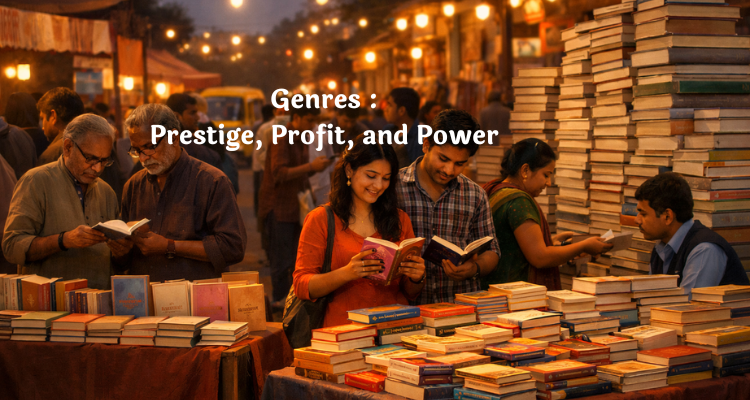
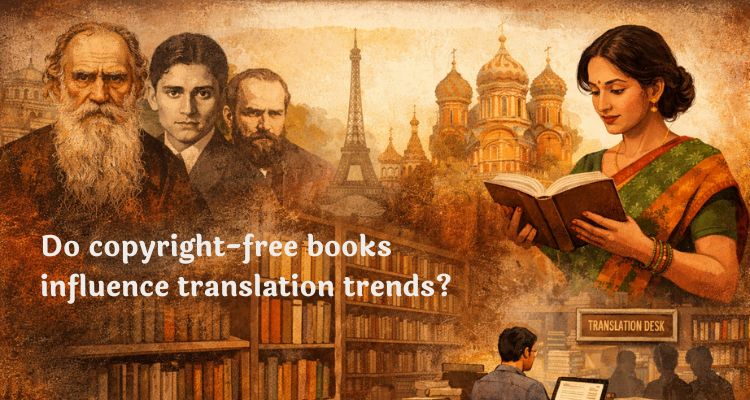
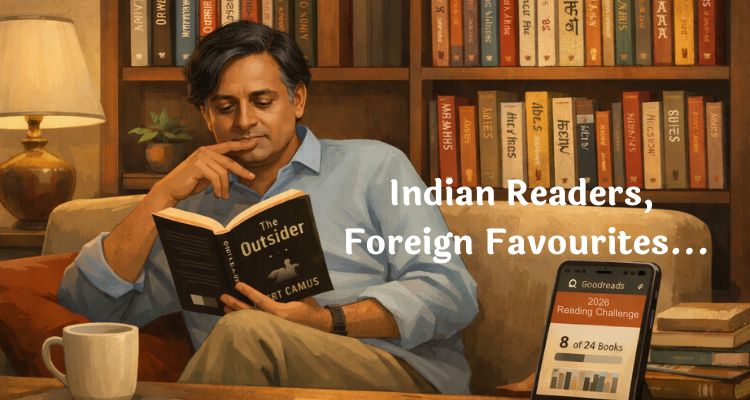
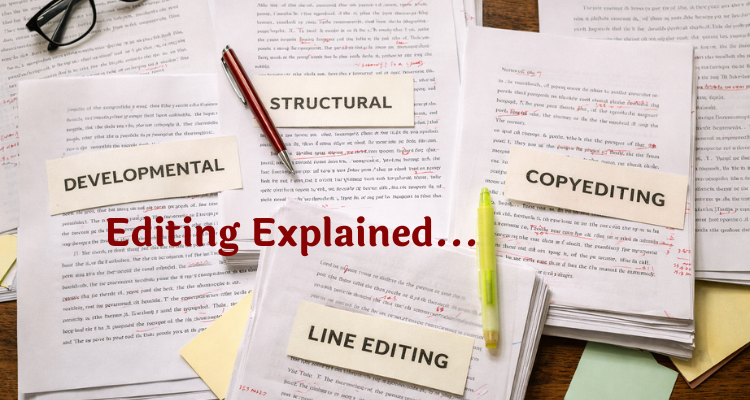

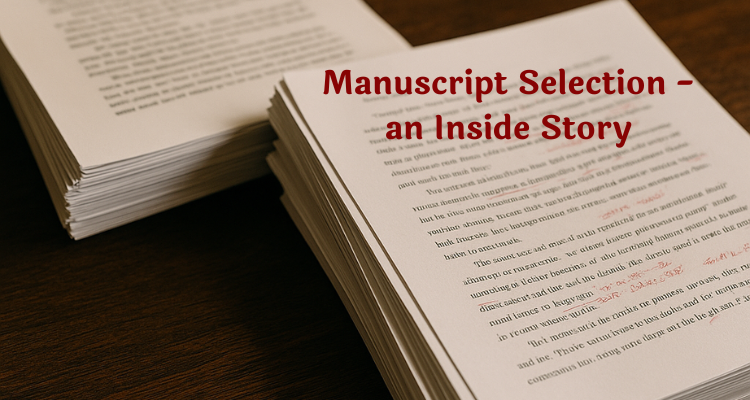
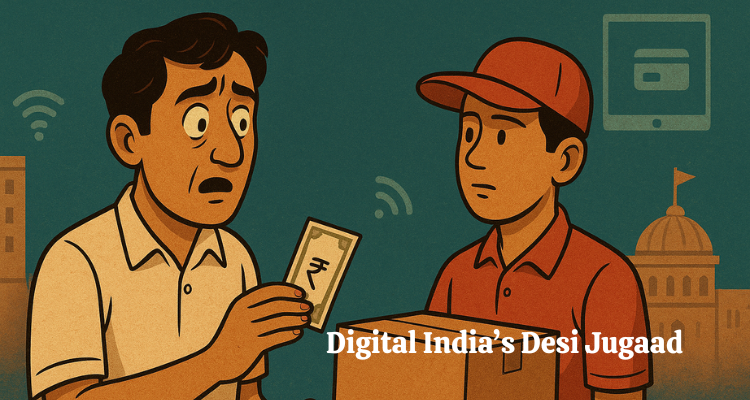
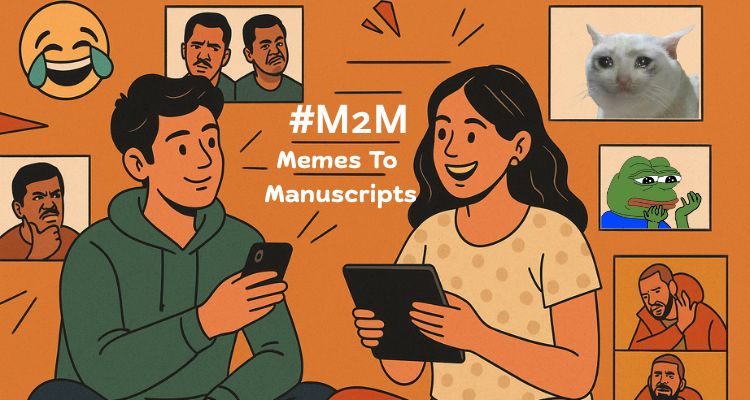
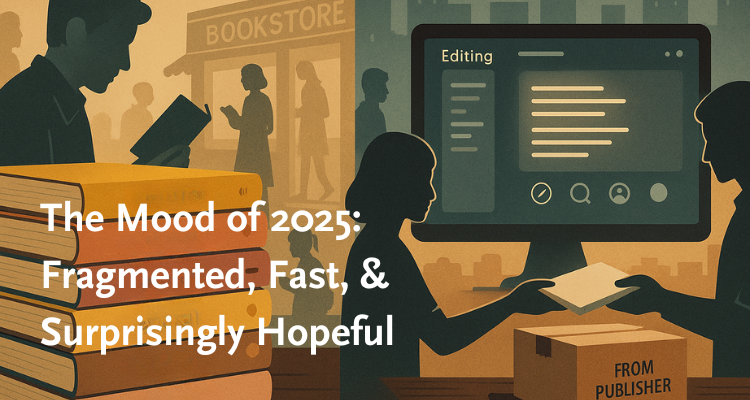

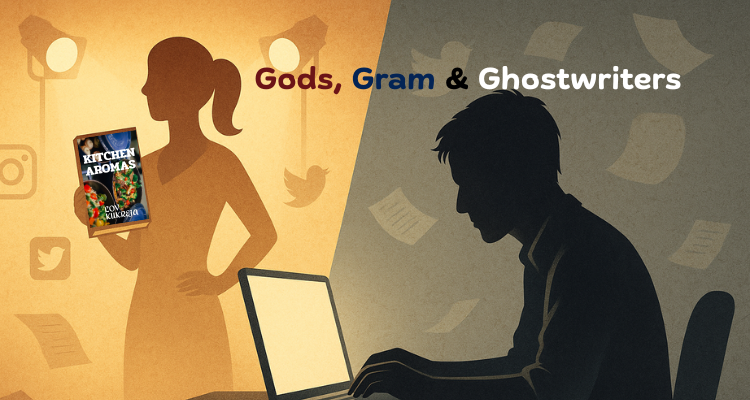
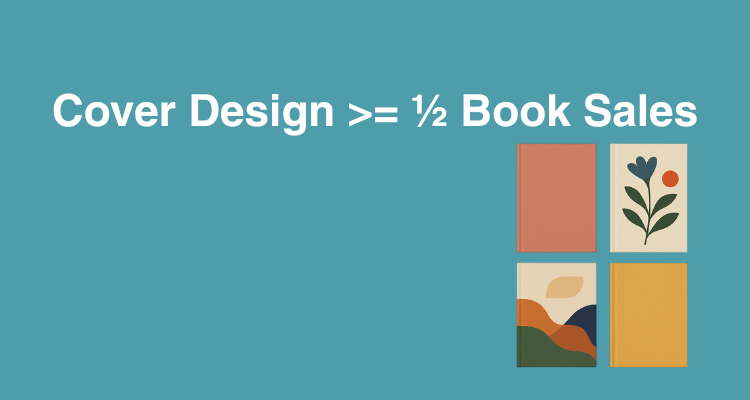

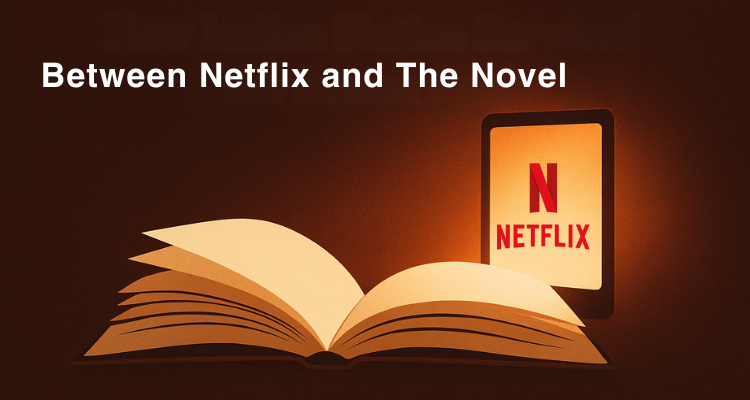

Awantika Singh
Jul 10, 2025
Informative blog
Awantika Singh
Jul 10, 2025
Informative blog
Sagar
Jun 5, 2025
nice blog
Add a comment
Add a comment